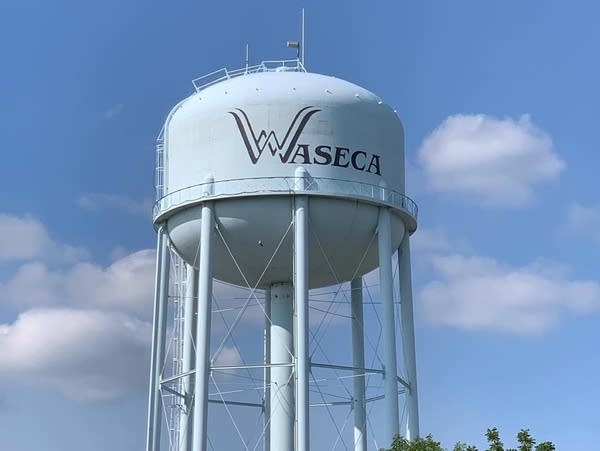Conagra's Waseca plant fined for releasing too much hydrogen sulfide

Conagra Brands has paid more than $8 million for air quality violations at its fruit and vegetable processing plant in Waseca, Minn.
Andrew Krueger | MPR News 2021
Go Deeper.
Create an account or log in to save stories.
Like this?
Thanks for liking this story! We have added it to a list of your favorite stories.


